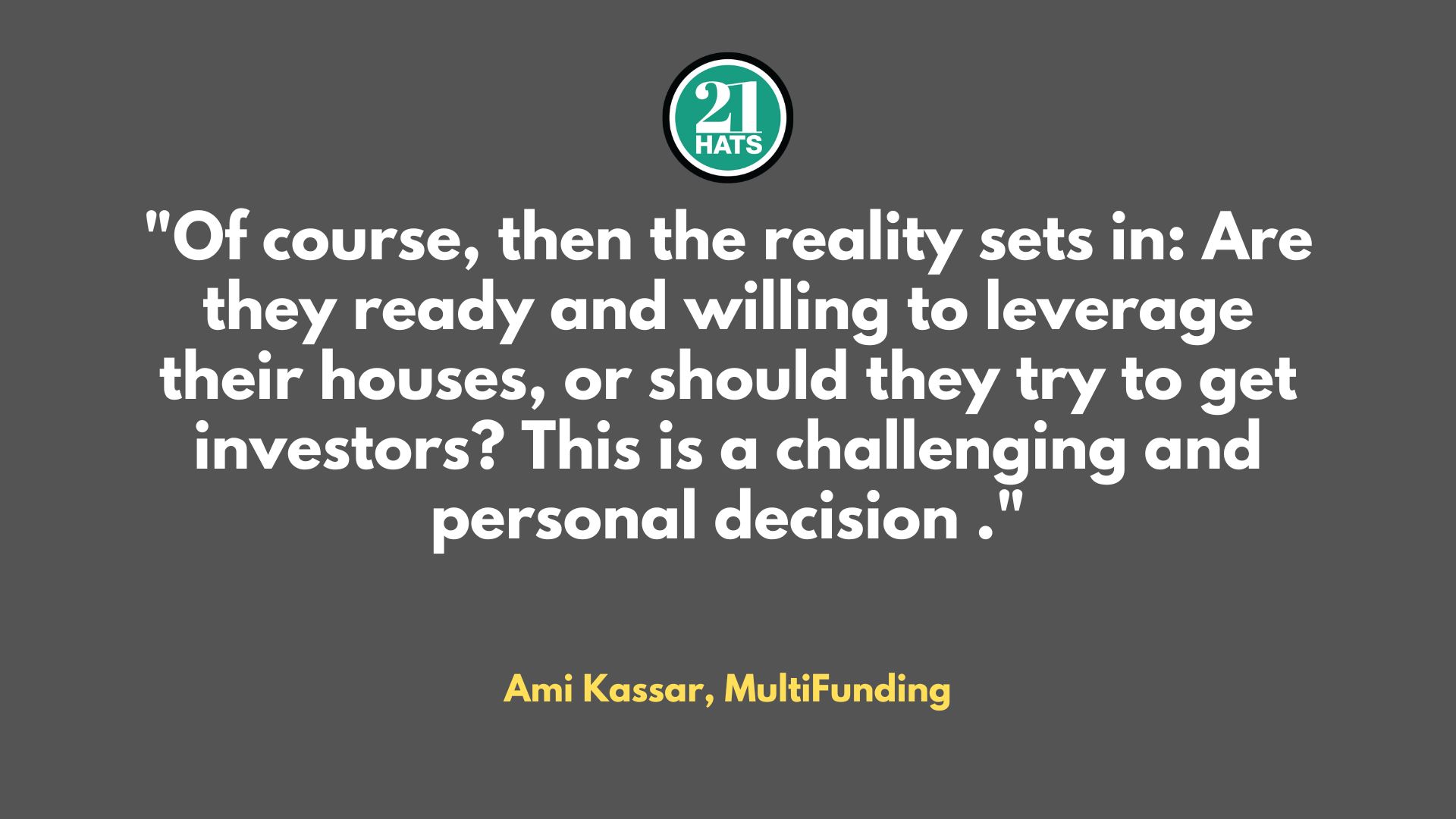What Would You Do: Sell Equity? Or Bet the House?

It is possible to get an SBA loan for a projection-based startup. But you need a sound business plan, and you have to be prepared to kiss a lot of frogs and for the process to take as long as nine months.
By Ami Kassar
Jane and her partner have used their own seed money to get their patents and prepare their exciting product for launch. However, they now believe they need about $1.5 million to build some inventory and prepare their e-commerce website and marketing campaigns, and they reached out to me to explore Small Business Administrartion lending options. My recommendations took them by surprise.
It is possible to get an SBA loan for a projection-based startup. To do this, you need to prepare a carefully thought-out business plan that shows a reasonably clear path to being cash flow positive. And then, you have to prepare to kiss many frogs before you find your lender. Unless you are quite fortunate, you can expect this to be a six- to nine-month process.
Jane and her partner live in California and have well over $1.5 million of equity in their houses. Therefore, any SBA lender – should they find one willing to say yes – will be required to take a lien on their houses. I explained to them that if they choose the debt option, it will be much faster and cheaper to get home equity loans. If they pursue home equity loans rather than an SBA loan, they could be funded in as little as 30 to 45 days.
Of course, then the reality sets in: Are they ready and willing to leverage their houses, or should they try to get investors? Again, this is a challenging and personal decision they must consider. My advice is that they should keep in mind that not all investors are created equal. They should consider the value any potential investor could bring to the table, as well as the investor’s timeline and perspective about the future. If they are on the same page as the investor about the future and are comfortable giving up some control, this could be a terrific choice. But if they see a different path forward for the company and have different time horizons, there is reason to slow down.
There is one additional option that Jane and her partner have with which I have little experience. If you launch a consumer product, GoFundMe business fundraisers can be very successful. Because this is an area where I have little to no experience, I connected Jane with a friend who has used the GoFundMe program successfully to learn more.
If you were Jane, which path would you choose and why?
Ami Kassar is CEO of MultiFunding.